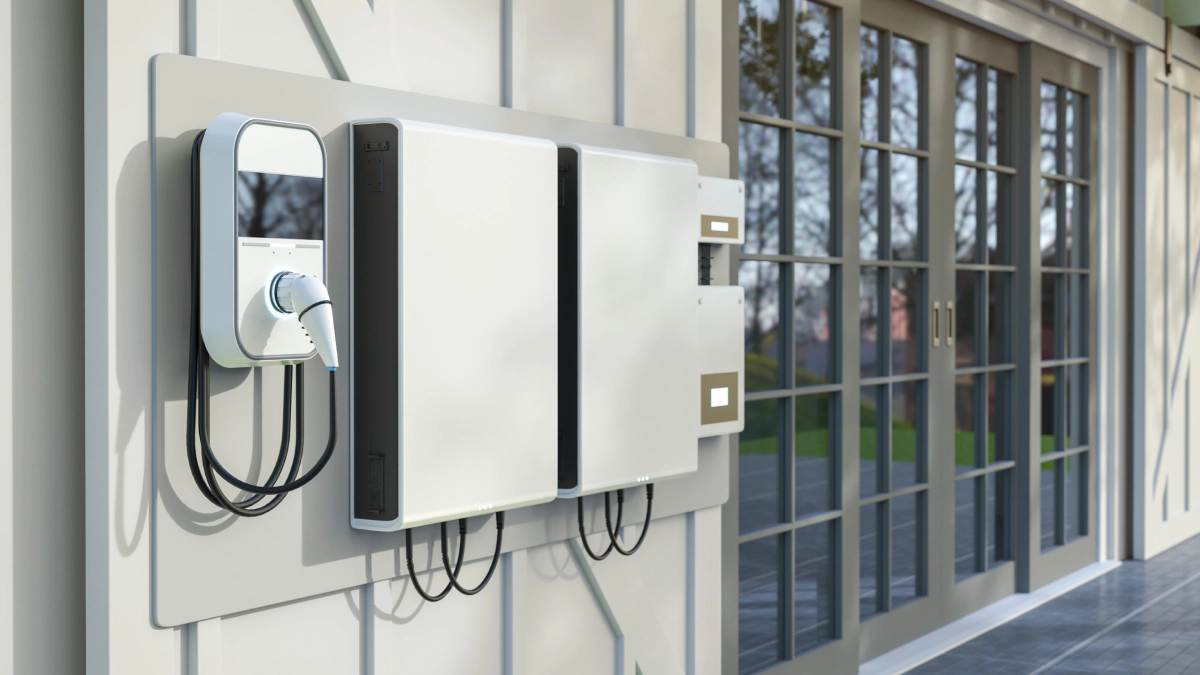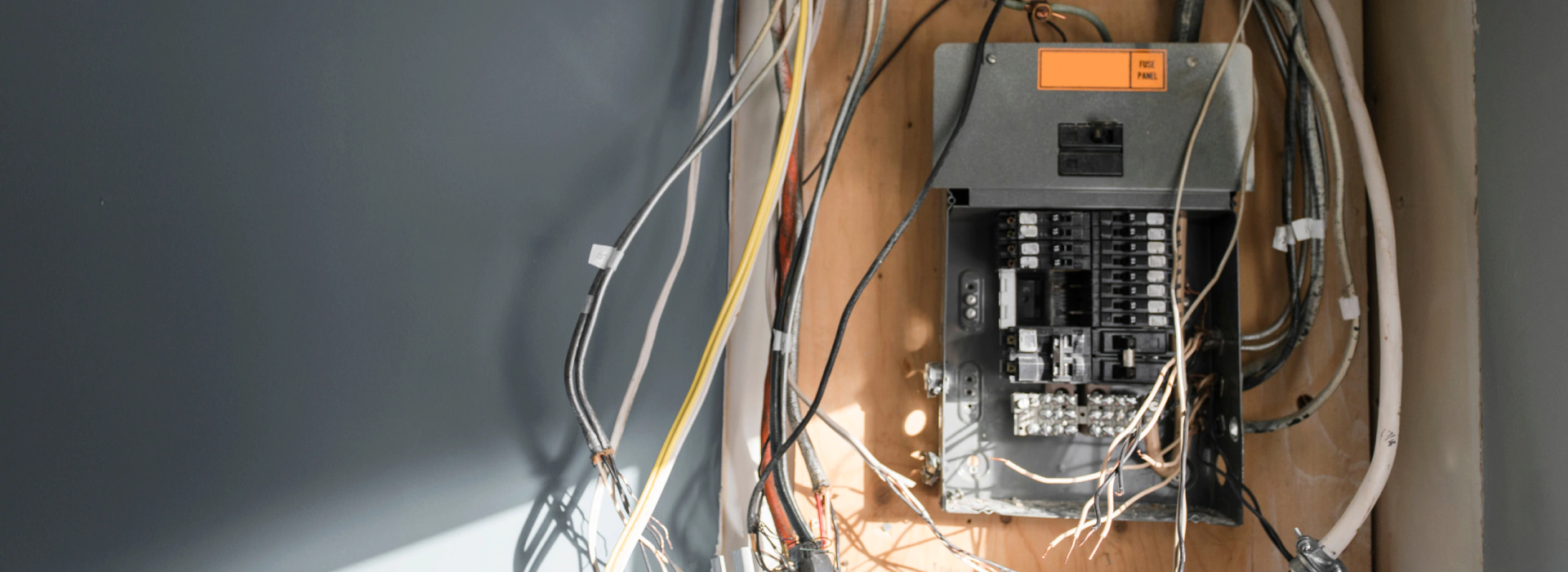
-
Creative Team
-
EV Charger
-
0 Comments
-
May 1, 2025
How to Install an EV Home Charging Station: What You Need to Know
If you’ve made the switch to an electric vehicle—or you’re planning to—it’s only a matter of time before you start thinking about how you’ll charge it at home. Public chargers are helpful in a pinch, but nothing beats the convenience of plugging in at home and waking up to a full battery. That’s where home EV charger installation comes in.
So, what does the process actually involve? And what should you know before moving forward? Here’s a clear breakdown to help you feel more prepared.
1. Your Electrical Panel Might Need Some Work
Before you can install an EV charger at home, your electrical system needs to be able to handle it. Most Level 2 chargers run on 240 volts, and not every home is ready for that right out of the gate.
- If your panel is older or already full, it may need an upgrade
- Some homes require a new breaker or a subpanel
- A licensed electrician can check things out and guide you through your options
It’s a lot like adding a hot tub or a second oven—you want to be sure your system can support the extra load safely.
2. You’ll Probably Need a Permit
We often get asked, “Do I need a permit to install EV charger equipment?” In most cases, yes—especially in Sparks, NV, and nearby areas.
- Permits make sure the job meets local codes
- An inspection helps avoid issues down the road
- If you’re working with a licensed electrician, they usually handle all the paperwork
Skipping the permit might seem like a shortcut, but it could lead to problems if you ever sell your home or need warranty coverage.
3. Not Every Electrician Has EV Experience
It’s true that a normal electrician can install EV charger systems, but experience matters. EV chargers have specific requirements, and hiring someone who’s done this before makes a difference.
- They’ll know how to safely wire your charger without overloading circuits
- They’ll walk you through the right placement, equipment, and amperage
- You won’t be left guessing what works with your specific car model
You want someone who’s already done this kind of work, not learning as they go.
4. Fast Charging at Home Is Possible
One of the top questions we hear is, “Can I install a fast EV charger at home?” The short answer is yes—if your home is ready for it.
- Level 2 chargers are the go-to choice for most homeowners
- They deliver 10–60 miles of range per hour depending on the charger and your car
- If you’re looking for the fastest charging option, you’ll need enough amperage and the right wiring
We’ll help you figure out what’s realistic based on your home’s setup and what kind of EV you drive.
5. Charger Placement Makes a Big Difference
Where you place your charger matters more than you might think. A little planning can make charging more convenient and avoid a mess of tangled cords.
- Think about where your car usually parks—garage, driveway, carport
- Wall-mounted chargers are perfect for garages
- Outdoor models are great for homes without indoor parking
Also, if you’re thinking about getting a second EV down the line, it’s worth preparing for that now. Running wiring for a second charger during the first install can save money and time later.
Let’s Chat About Your Home EV Charger Installation
At New Phase Electric, we’ve helped many Sparks homeowners figure out how to install an EV home charging station in a way that works for their space, their panel, and their lifestyle. We keep it simple, handle the permit process, and make sure everything is done right the first time.
Whether you’re ready to move forward or still have questions about home EV charger installation, we’re here to help.
Reach out today to schedule a consultation and get started on your EV charger installation. Let’s make home charging easy and built around you.



